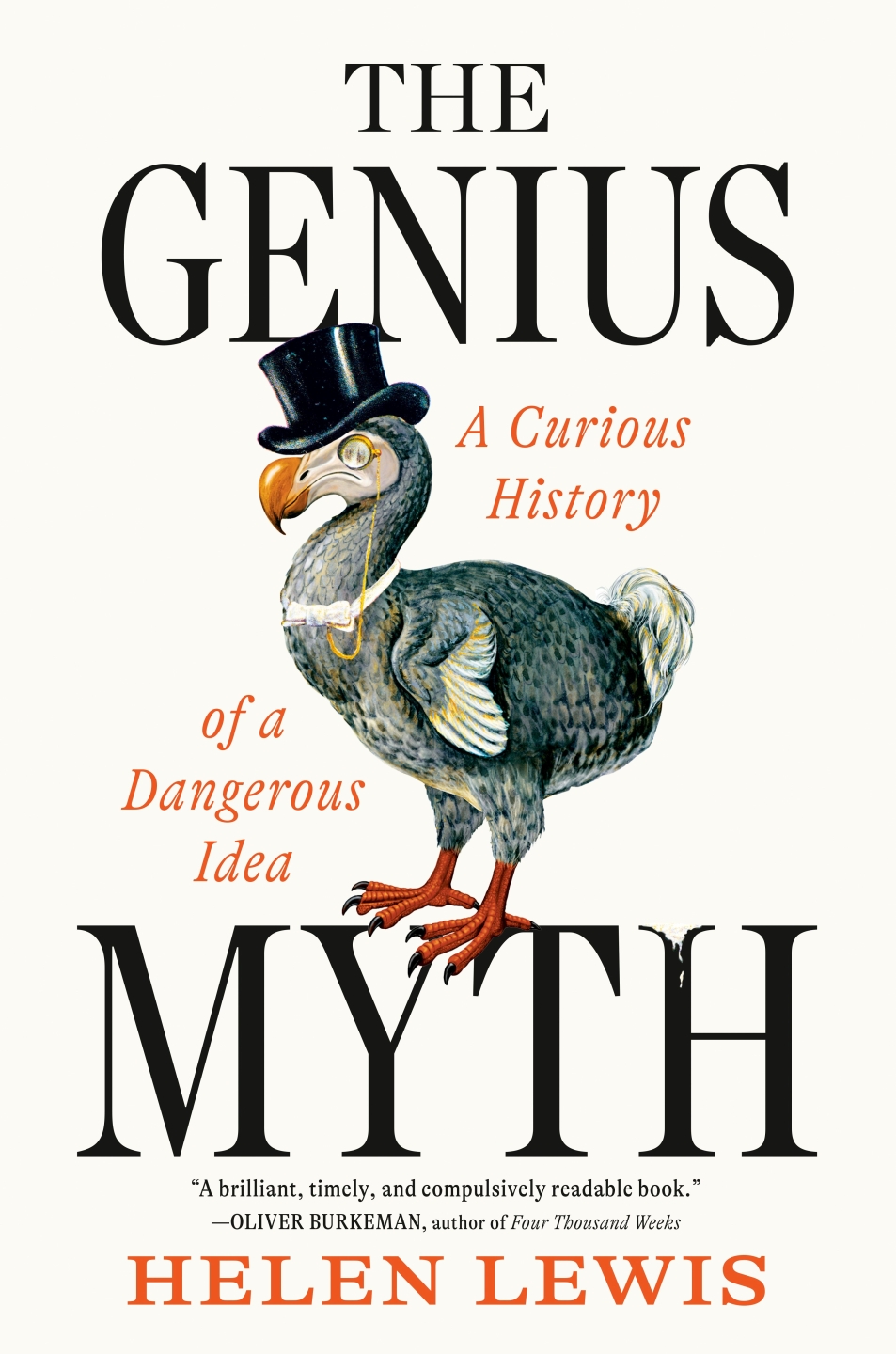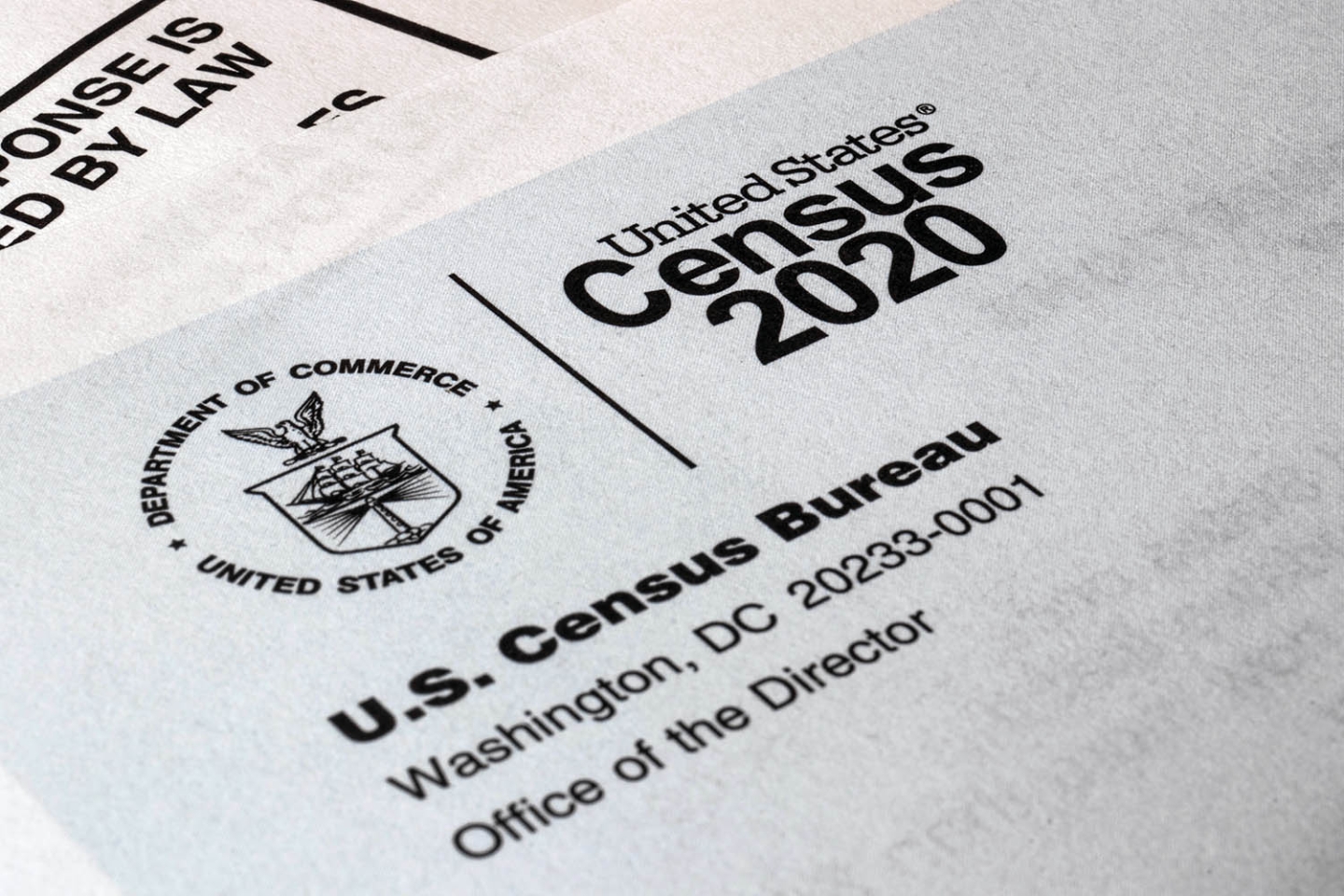“The Genius Myth: A Curious History of a Dangerous Idea”
by Helen Lewis
2025/Thesis
$30/308 pages
In the beginning, there was Elon Musk. Not really, but that’s how Author Helen Lewis starts her book, “The Genius Myth.” Some think he’s weird. Others think he’s a genius, and both sentiments may be related as once genius is conferred on anyone, it “becomes a licensing scheme for eccentricities.”
Genius, says Lewis, is an old concept. Take Shakespeare, for an example. We’re dazzled by his brilliance because “a group of people worked to celebrate his achievements.” She goes on to say, “The word genius has been utterly devalued by its use as a branding tool.”
Seventeenth century scientists were sometimes hailed as geniuses, but they were often racists who promoted crackpot ideas, or classists, or misogynists. Says Lewis, “We can never properly appreciate the geniuses of the past if we can’t understand the world before they changed it.”
If you want to be a genius, follow the template of those before you. Be a bit of a “rebel.” Suffer for your craft. Open your mind. Have a great partner. And, says Lewis, “if all else fails, work as hard as you can, and then hope for sheer dumb luck to save you.”
Lewis shows how genius isn’t really what we’ve come to think of it as being. Lewis wonders if man-made inventions and ideas that awe us would’ve come about without the geniuses we recognize as creators. “The Genius Myth” is a thinking person’s thinking book. If the meaning of and cultivation of brilliance fascinates you, here’s the solution.


